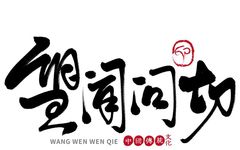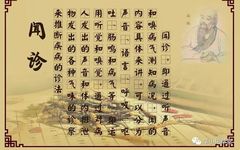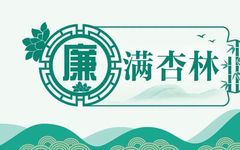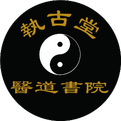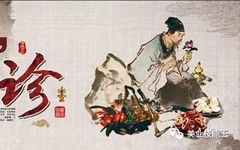The Olfactory Diagnosis in Traditional Chinese Medicine: Analysis of Vomit
The Olfactory Diagnosis in Traditional Chinese Medicine: Analysis of Vomit Vomit originates from the stomach and is caused by the reversal of stomach qi. Under normal physiological conditions, the stomach functions by descending, allowing food and drink to be processed. If the stomach loses its harmony and descent, stomach qi will reverse, leading to the … Read more





